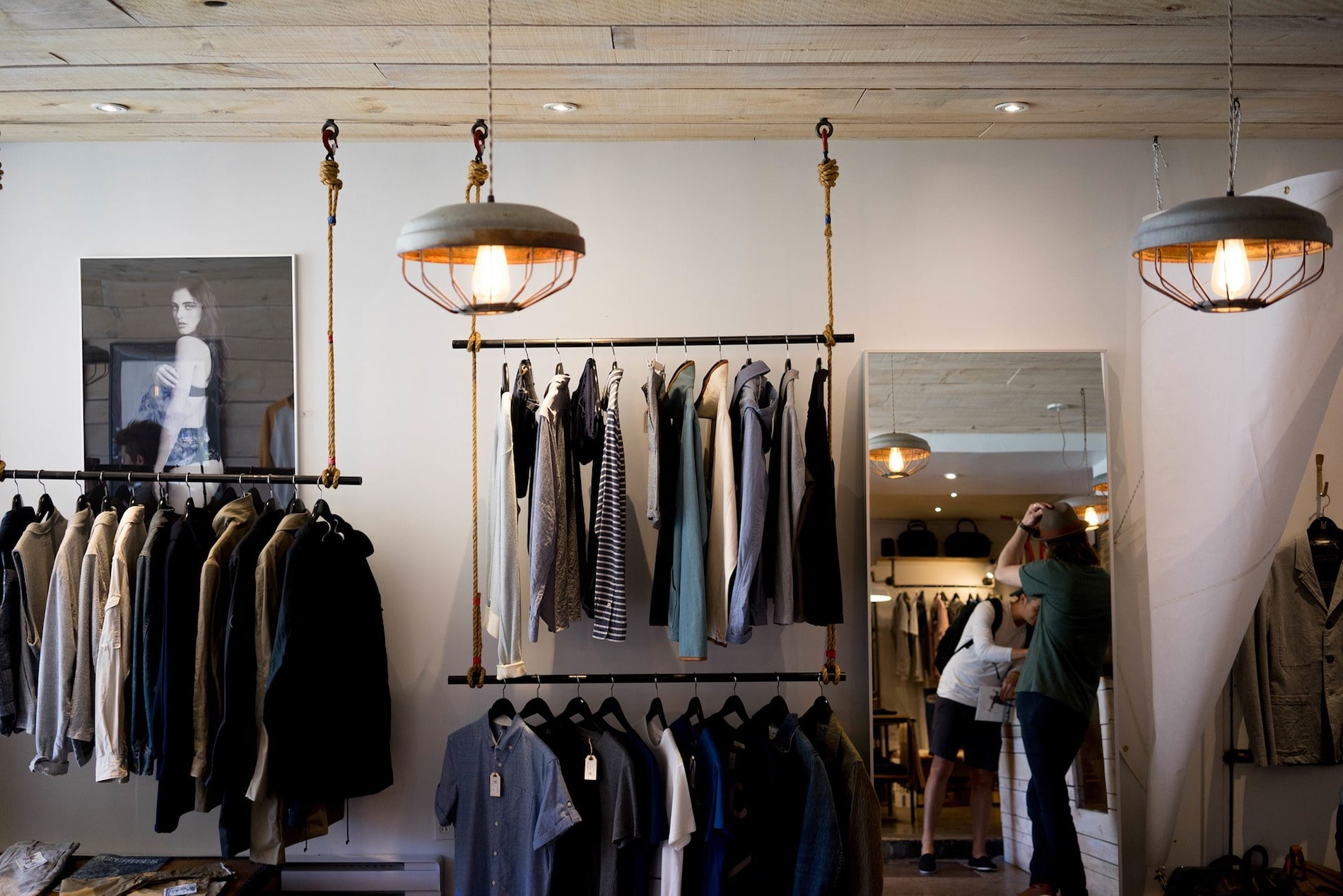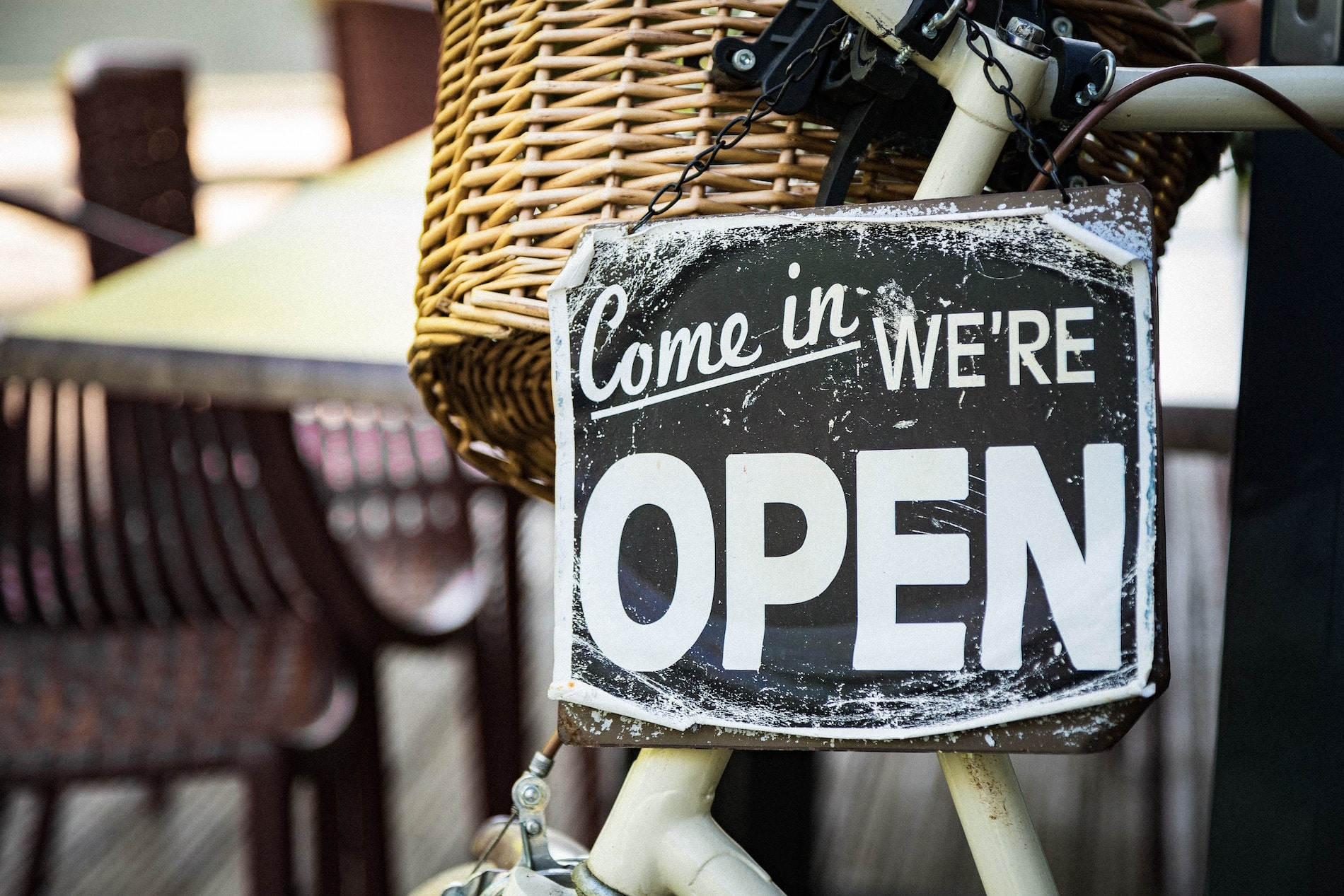We’ve all heard of Black Friday and its rapidly growing eCommerce cousin Cyber Monday. But what about Small Business Saturday? It might sound a bit cliché, but this relatively new addition to the Thanksgiving retail weekend is becoming a serious powerhouse. And even though Small Business Saturday is just one day, the small business boom has taken the retail market by storm. Stats from the 2018 holiday show that ‘shopping local’ has gained some serious currency with consumers – something which all small businesses can tap into.
What is Small Business Saturday?
Small Business Saturday is the day after Black Friday, the major retail event following Thanksgiving in the US. It’s a fairly recent shopping trend, having been masterminded in 2010 by American Express. At the time, the US was in recession following the 2008 financial crisis, with small businesses hurting the most from lower retail spending. The idea of the campaign was to encourage consumers to support local brick-and-mortar stores during Black Friday and over Thanksgiving Weekend. By spending their money closer to home, consumers would make a positive impact on communities hit by the economic downturn.  Why does it matter?
Why does it matter?
When we think of retail, it’s the big names of shopping malls that spring to mind: Macy’s, Sears, Amazon—you get the idea. These outfits employ thousands of people and are the mainstays of the Black Friday/Cyber Monday tradition. Yet they make up a small proportion of retail outlets. According to the Small Business Administration, ‘small businesses’ account for 99.7% of all businesses and make up about 40% of all retail jobs. But it’s the big-box retailers that monopolize holiday retail events, making it difficult for independent stores to compete.
Small Business Saturday allows independent retailers to shine at what they do best; providing personalized and unique retail experiences and products.
The American Express campaign quickly gained traction, and we are now nine Small Business Saturdays in. Which at this point is long enough for it to be considered apart of the Thanksgiving Weekend tradition. But how do the numbers stack up? Does Small Business Saturday speak to a broader retail trend?  Small Business Saturday: In numbers
Small Business Saturday: In numbers
According to American Express, Small Businesses Saturday has made over $85 billion in revenue since 2010. In 2018, 80% of consumers said that they planned to shop at independent retailers on the day, and spending hit a record high of $17.8 billion, up from just $5.5 billion in 2012. We are also starting to see a growing omnichannel trend at play (for an overview of omnichannel selling, check out our video on the topic). Etsy took part last year to coordinate pop-up events for independent online retailers, bringing their product ranges to in-store audiences across the US.
But these numbers aren’t the ones that small businesses should be paying attention to. After all, Small Business Saturday is just one event. On its own, it doesn’t spell out a long-term marketing strategy for small businesses.
But according to the 2018 Small Business Saturday Consumer Insights Survey, a whopping 96% of consumers who shopped on Small Business Saturday said that it’s made them want to shop at independent retailers all year round. So although it might be just one day of the year, Small Business Saturday has opened up the door to a bigger shift in our shopping habits.  The growing trend of #shopsmall
The growing trend of #shopsmall
Hashtags such as #shopsmall were originally created to help market Small Business Saturday on social media channels. It’s now a common sight on the Instagram feeds of consumers and businesses, racking up millions of uses. This is a trend which is being driven mainly by Millennials. A study by Capital Partners found that Millennials have a higher desire for shopping ‘local’ than any other age group. They also particularly like to shop at retailers that ‘give back’ to the wider community.
When you support small businesses, you are having a much more direct impact on the economic wellbeing of an area. According to Grasshopper, for every $100 spent at an independent retailer $68 will stay in the local economy, as opposed to only $43 at larger businesses. Spending money closer to home allows consumers to see the impact of their purchasing decisions, which creates a lot of positive reinforcement. For younger generations more in tune with the consequences of their spending, Small Business Saturday (and shopping small in general) is only set to grow bigger over time.
There’s no doubt that Small Business Saturday has a well-crafted brand narrative. When we think of Black Friday, it doesn’t exactly bring to mind the greatest images. It’s code for endless queues, stores hiring extra security, and people pushing and shoving each other to get to sales stock first. In short, it stands for the worst side of consumerism.
Small Business Saturday, on the other hand, paints itself as restorative rather than stressful. It’s about heading out to your local Main Street, exploring independent stores with unique offerings. It’s about interacting with real-life business people. The brand narrative is about discovery and experience as much as it’s about buying ‘stuff’. It’s a philosophy about retail spending that’s applicable year-round.  What Small Business Saturday really means for small businesses
What Small Business Saturday really means for small businesses
The in-store experience is still relevant
For many years now, retail experts have been talking about the ‘death’ of brick and mortar stores. But a lot of the push-back against big retailers (and why many are scaling down their physical presence in favour of bigger eCommerce operations) is because they don’t offer consumers an experience which is special or memorable. What is offered in one city is the same as another. In this context, consumers hardly feel as if they are ‘missing out’ by shopping online. In fact, it’s often easier and more seamless.
This leaves behind is a growing gap in the market. Consumers are craving in-store experiences they won’t find elsewhere. The 2018 Modern Consumer Research Report found that consumers still prefer to research online and buy in-store, and that 60% of consumers would visit physical stores more often if they offered something different from other channels. This is where small businesses owners can really benefit. They can capitalize on their unique offerings with extra touches to enhance the customer experience.
Consider the following:
• Bespoke gift-wrapping
• Gifts with purchase
• Special in-store/pop-up events (this works for both independent brick and mortar and online sellers)
• Attentive customer service
• Loyalty programs  Social responsibility is a growing part of our purchasing decisions
Social responsibility is a growing part of our purchasing decisions
Since 2010, ‘shopping small’ has become a much bigger statement about socially responsible consumerism. More than ever, consumers want to know where their purchases come from and who benefits. Retail has become crowded with numerous brands, so consumers have become much more discerning. They want to support brands which think bigger than themselves, because it represents an authenticity which is often lacking in business. According to Cone Communications, 70% of consumers will spend more at businesses that support causes they care about. If you establish a strong local focus, you stand to gain strong loyalty from consumers.
You have a valuable opportunity to establish lasting relationships
Events such as Small Business Saturday provide a perfect marketing opportunity for independent retailers to hook in already captive audiences. A lot of us who shop at big retailers do so out of habit. We don’t always realize that there are fantastic local options right on our doorstep. So, the biggest challenge for small businesses is actually making consumers aware of their presence in the first place! consumers.
With more heightened awareness around the importance of independent retailers, your continued operation gives consumers reason to keep coming back for more. If you make the most of this annual exposure, you stand to profit year-round through repeat business.
The Wrap Up:
Small Business Saturday might have started out as a one-day retail holiday, but greater consumer awareness has made shopping local a growing retail trend. By participating, small businesses stand to make long-term gains in brand awareness and perception. So put November 30, 2019 in your calendar – it could be a big day for you!

